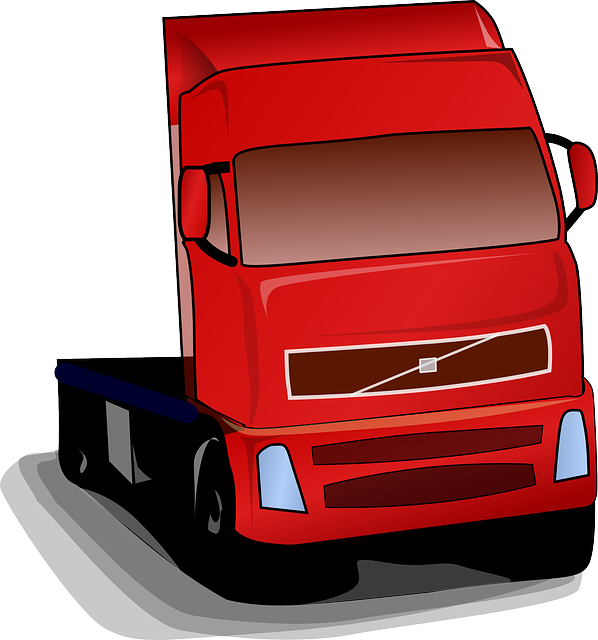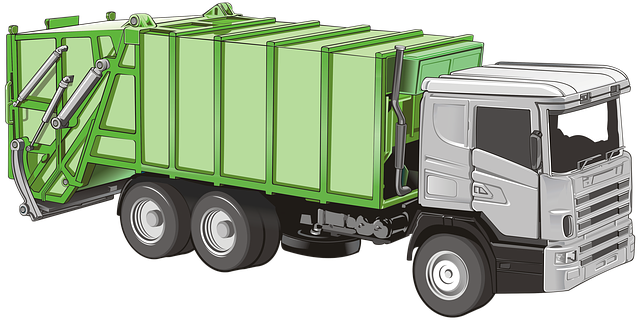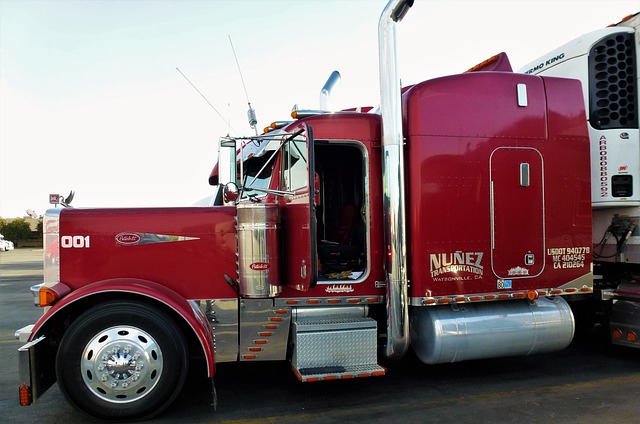Registering a Car in California: Step-by-Step Guide with VIN Verification
Looking to register your car in California? Navigating the process can seem daunting, but we’re here to help. This guide walks you through every step, from understanding key requirements for car regis…….

Looking to register your car in California? Navigating the process can seem daunting, but we’re here to help. This guide walks you through every step, from understanding key requirements for car registration in California to completing a crucial Vehicle Identification Number (VIN) check. By following these clear instructions, you’ll be on your way to securing your vehicle’s registration promptly and efficiently.
- Understand the Requirements for Car Registration in California
- Gather Necessary Documents for VIN Verification
- Perform a Vehicle Identification Number (VIN) Check
- Complete the Registration Application Process
- Pay the Required Fees and Receive Your Registration Certificate
Understand the Requirements for Car Registration in California

Before you begin the registration process, it’s crucial to understand the requirements for car registration in California. One key step is verifying the Vehicle Identification Number (VIN). This process, often referred to as a VIN inspection, ensures that your vehicle meets all safety and emissions standards set by the state. In California, this verification can be done through various methods, including a mobile VIN verifier—a service that allows you to check your car’s history from the convenience of your own location.
By utilizing these tools, such as a mobile VIN verification service, you can streamline the registration process and ensure that your vehicle is up to code. This is an essential step in maintaining compliance with California’s regulations and ensuring a smooth transition during vehicle registration.
Gather Necessary Documents for VIN Verification

Before registering your car in California, ensure you have all the essential documents for a smooth vin verification process. The California Department of Motor Vehicles (DMV) requires a valid vehicle identification number (VIN), which is typically found on the vehicle’s label or in its manual. Gather important papers such as the title, registration certificate, and proof of insurance. Additionally, you might need to provide a completed application form for registration.
For a more convenient vin inspection, consider using a mobile vin verifier service. These services send a specialist to your location to conduct the necessary checks, making the process quicker and easier. Alternatively, some companies offer remote vin inspections via online platforms, allowing you to complete this step from the comfort of your home.
Perform a Vehicle Identification Number (VIN) Check

Before registering your car in California, it’s crucial to perform a Vehicle Identification Number (VIN) check. This step is essential for verifying the vehicle’s history and ensuring it meets all legal requirements. A VIN inspection reveals crucial information about the car, including its make, model, year, and any previous ownership or accident records. In California, you can conduct this vin verification through various official channels, such as the DMV or specialized online platforms.
Consider utilizing mobile vin inspection services for added convenience. These services allow you to perform a quick and accurate VIN check right from your smartphone or tablet. With just a few simple steps, you can access detailed vehicle history reports, including any outstanding recalls or issues that may affect your registration process. This modern approach to vin verification ensures a smoother experience during the car registration in California.
Complete the Registration Application Process

After gathering all the necessary documents, it’s time to complete the registration application process with the DMV. This involves filling out Form MV-5, which is the Application for Title and Registration. Here, you’ll need to provide detailed information about your vehicle, including its make, model, year, and current mileage. Make sure to accurately enter your personal data as well. Once this form is completely filled out, submit it along with all required documents and fees to a DMV field office or mail them in if the option is available.
A crucial step in this process is ensuring your vehicle’s VIN (Vehicle Identification Number) is verified. This can be done through various means, including a traditional vin inspection at a designated location or even a mobile vin inspection for added convenience. The former involves taking your car to a DMV-approved facility where an inspector visually verifies the VIN on critical components like the engine and chassis. Alternatively, request a mobile vin verification service, which brings the inspection process directly to you, saving time and effort.
Pay the Required Fees and Receive Your Registration Certificate

After completing your vehicle’s inspection and ensuring all necessary documents are in order, it’s time to pay the required fees. The California Department of Motor Vehicles (DMV) charges a fee for registering your car, which varies based on the type of vehicle. This fee includes the cost of the registration certificate and other administrative costs. You can typically pay these fees online through the DMV’s website or in person at a local DMV field office.
Once you’ve paid the required fees, you will receive your Registration Certificate. In some cases, especially when using a mobile vin verifier or undergoing a mobile vin inspection, this process can be streamlined and more convenient for the owner. The registration certificate is your official document that confirms your vehicle’s status and allows you to legally operate it on California roads. Keep this document secure and handy as you’ll need it for future reference and interactions with the DMV.
Registering a car in California involves several straightforward steps. By understanding the requirements, gathering the necessary documents for VIN verification, completing a Vehicle Identification Number (VIN) check, and paying the required fees, you can efficiently navigate the process. Remember to keep your registration certificate on hand for future reference and to ensure your vehicle complies with all state regulations.







